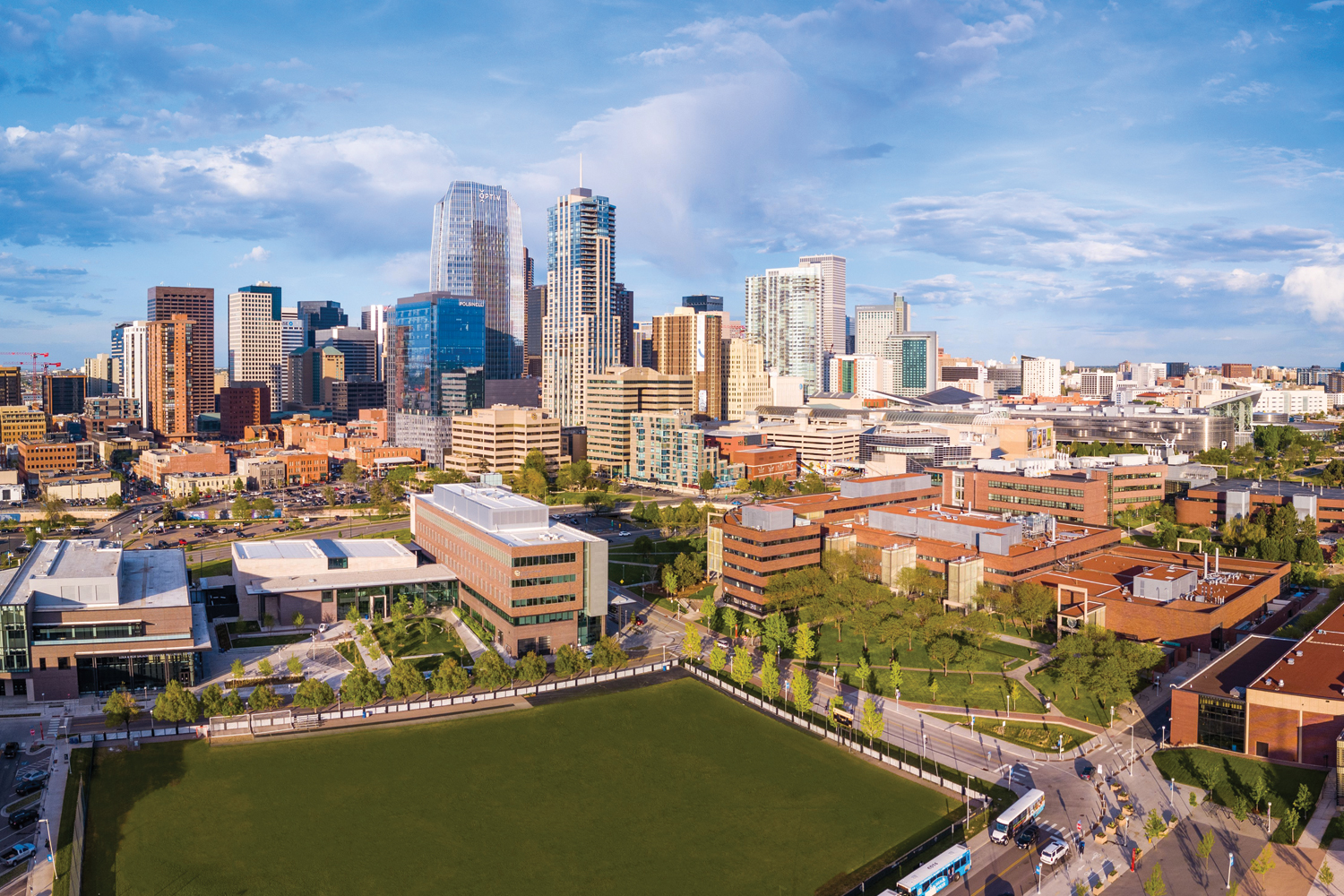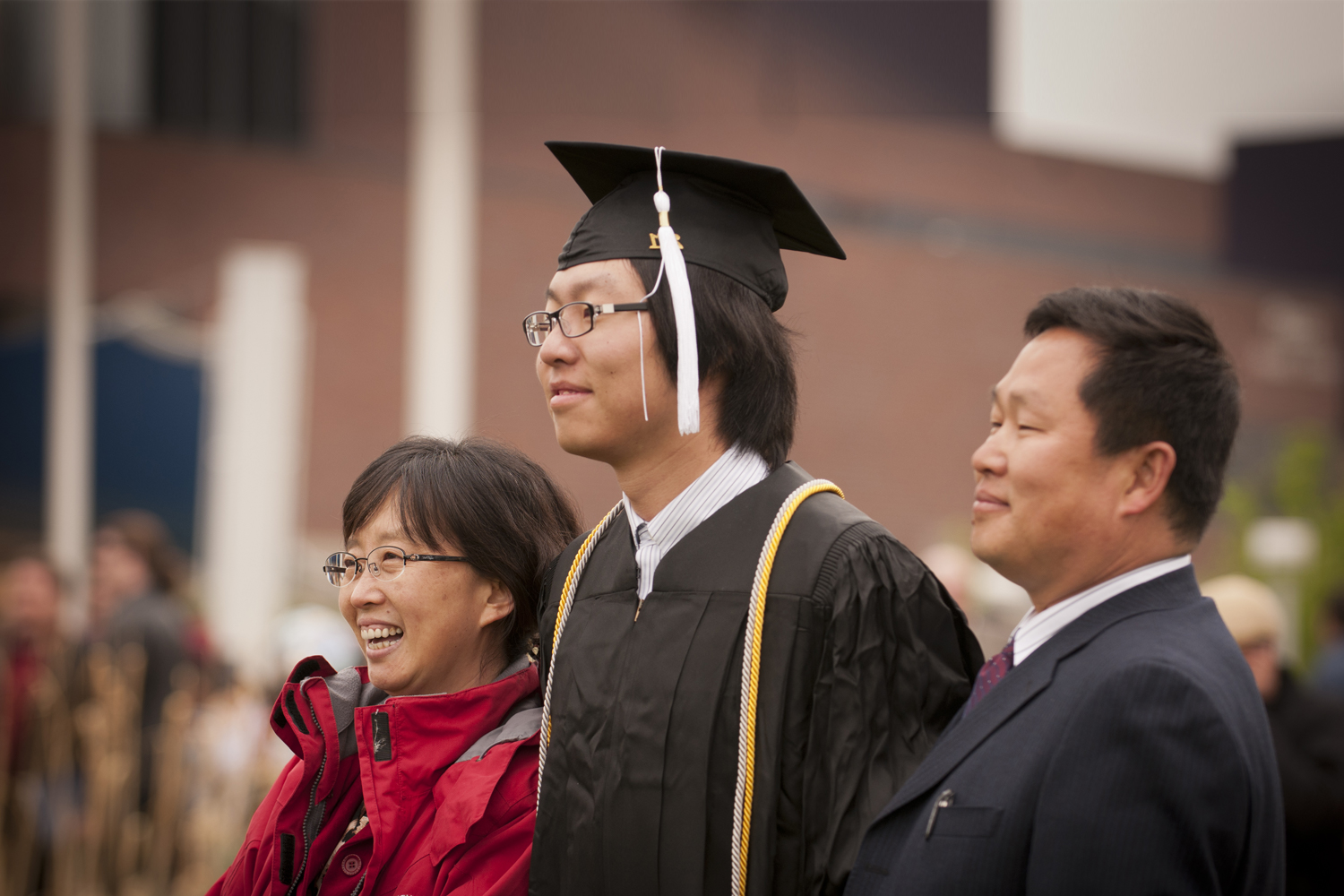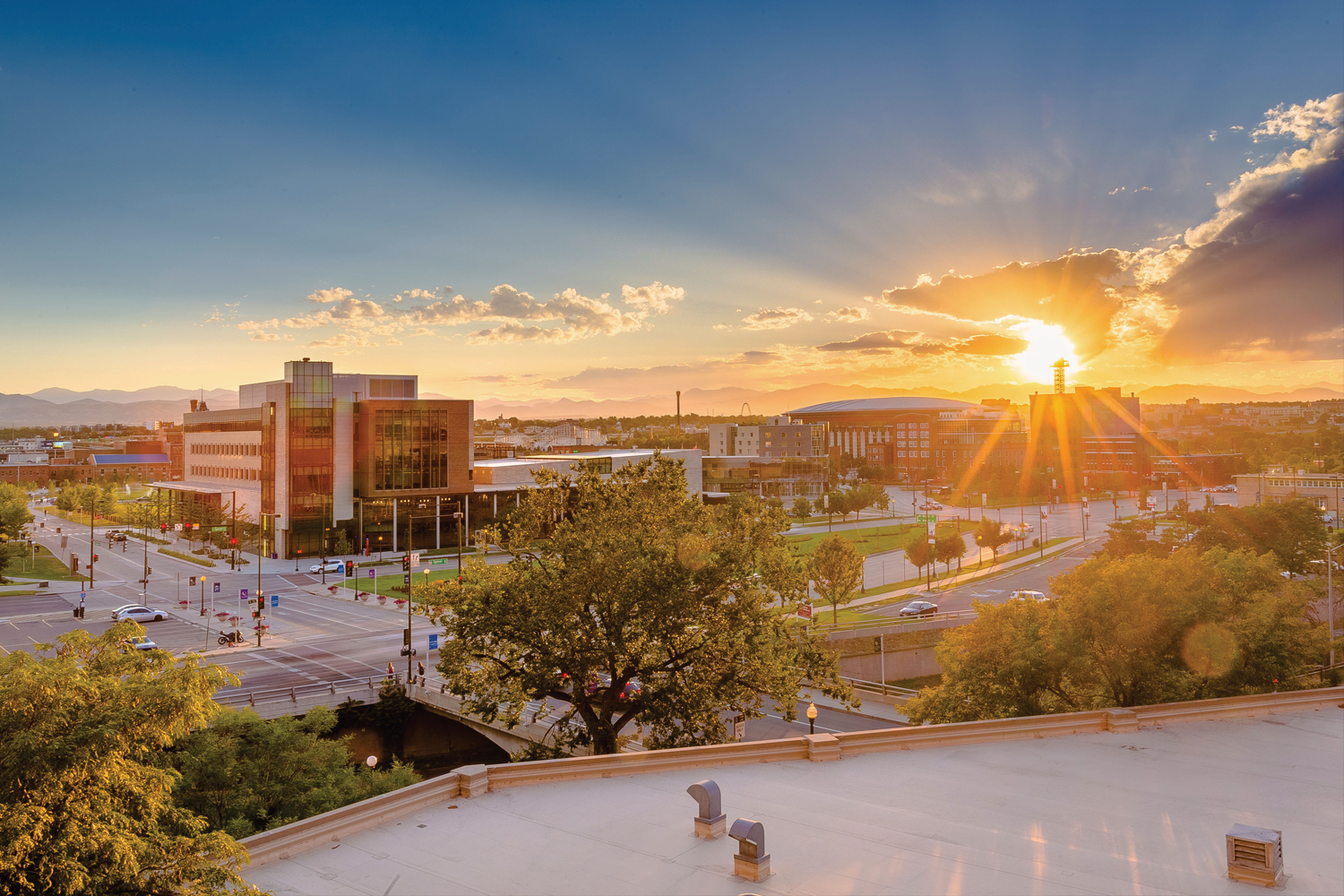Learning Arabic: Growth & Transformation of My Worldview
CU Denver Student Hones Language Skills in Jordan
Mar 20, 2016
Did you know that the English words “sugar” and “cotton” come from Arabic? Although different languages may share similar words or derivatives, learning another language can still be challenging; Arabic, for example, takes an average of at least 88 weeks of classroom study for a native English speaker to acquire proficiency. To dive even further into learning Arabic, Aaron Ferencik, a senior at the University of Colorado Denver, took the plunge and spent a summer studying abroad at the Princess Sumaya University of Technology in Amman, Jordan.
“I decided to study abroad because I had been overseas before in the military and wanted to go back outside of the country. I also knew that I would not be able to advance my Arabic language skills as far if I did not go to the Middle East and study intensely among native speakers,” said Ferencik.
The Global Education: Study Abroad office at CU Denver advised Ferencik about a variety of scholarships that are available for studying abroad and helped him to apply for the Benjamin A. Gilman Scholarship, which he received. The Gilman encourages students to choose non-traditional study destinations and provide students with the opportunity to return home with a deeper understanding of their place in the world, encouraging them to be a contributor, rather than a spectator, in the international community.
In Jordan, Ferencik engaged in a thorough five-hours per day cultural and language immersion program, which included a three-hour lesson in Modern Standard/Formal Arabic in the morning and Colloquial/Spoken Arabic in the evenings. To sharpen his Arabic language speaking skills, he visited the Wasat Al Balad (the downtown area) to socialize with Jordanians and practice in conversations with native Arabic speakers.
He felt fortunate to be able to study in Jordan during Ramadan (the ninth month of the Islamic calendar devoted to prayer, fasting, charity, and self-accountability) because it provided a first-hand experience of the cultural and religious changes that the people and the city undergo during this time.
“Jordanians love to stay up late, especially during Ramadan, when they do not eat or drink during the day,” said Ferencik. One of his favorite experiences was befriending two Jordanian men who were close to his age and who knew the city well. The trio enjoyed visiting a variety of restaurants and cafes, where they taught him how to play Jordanian card games.
“I pushed my Arabic skills to the limit by talking with them; then finally had the morning meal with them at one of the most famous restaurants in Amman, Hashem’s, before morning prayers at 3:45 a.m.”
Adapting to some of the traditions of Ramadan was interesting and not always easy because he could not eat or drink anything in public (including water), or he would be ticketed and fined.
Though learning the language was the main goal for studying abroad, Ferencik feels that he has also gained a deeper appreciation for Arab culture. “Studying abroad has contributed immensely to the growth and transformation of my worldview,” he explained. “If you are in the International Studies program at CU Denver, you absolutely must study abroad. The point and uniqueness of the degree is to gain more knowledge about the world outside of the United States.You need to visit a country in your area of study and learn the language in that environment.”
Ferencik added: “Say ‘yes’ to every opportunity or friendship that comes your way when you are overseas. If you do that, you’ll not only enjoy things more, you will also gain the international perspective you are seeking.”
LEARN MORE
To learn more about short-term and semester-long study abroad programs at the University of Colorado Denver, visit online: www.ucdenver.edu/studyabroad.






